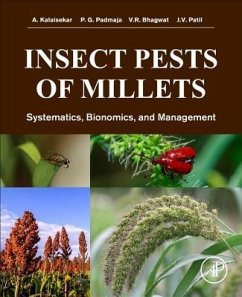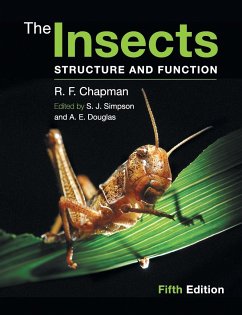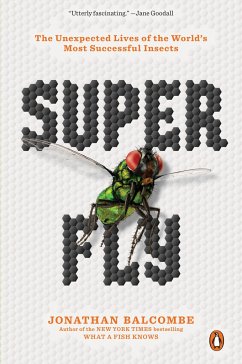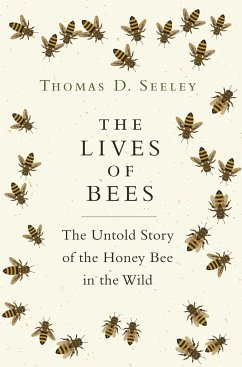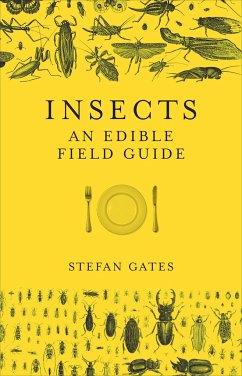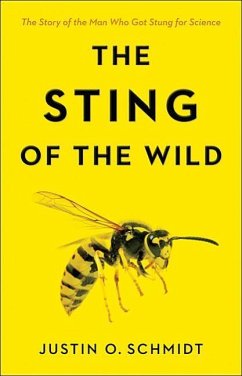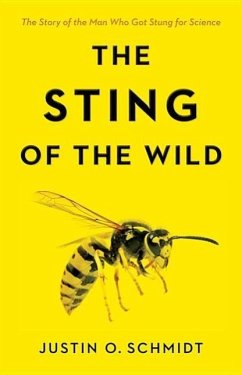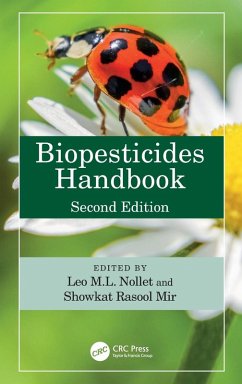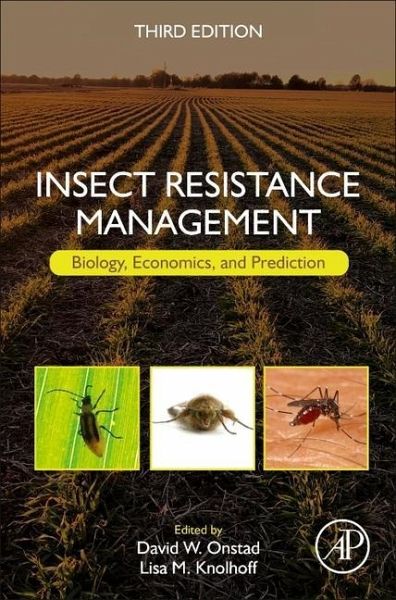
Insect Resistance Management
Biology, Economics, and Prediction
Herausgegeben: Onstad, David W.; Knolhoff, Lisa M.

PAYBACK Punkte
52 °P sammeln!
The third edition of Insect Resistance Management: Biology, Economics, and Prediction expands coverage by including three new chapters on African agriculture, genetic control of pests, and fitness costs of resistance. All remaining chapters have been updated to cover key scientific findings published since 2013. The coauthors have expertise in evolutionary biology, ecology, economics, epizootiology, statistics, modeling, IPM, and genetics.The original themes demonstrating the importance of economics, IPM, pest behavior, and the behavior of humans implementing insect resistance management (IRM)...
The third edition of Insect Resistance Management: Biology, Economics, and Prediction expands coverage by including three new chapters on African agriculture, genetic control of pests, and fitness costs of resistance. All remaining chapters have been updated to cover key scientific findings published since 2013. The coauthors have expertise in evolutionary biology, ecology, economics, epizootiology, statistics, modeling, IPM, and genetics.
The original themes demonstrating the importance of economics, IPM, pest behavior, and the behavior of humans implementing insect resistance management (IRM) are still relevant. Entomologists and others developing experiments, models, regulations, or public policy will benefit from this book that avoids reliance on dogma by analyzing and synthesizing knowledge about a wide variety of species, landscapes, and stakeholder problems.
The original themes demonstrating the importance of economics, IPM, pest behavior, and the behavior of humans implementing insect resistance management (IRM) are still relevant. Entomologists and others developing experiments, models, regulations, or public policy will benefit from this book that avoids reliance on dogma by analyzing and synthesizing knowledge about a wide variety of species, landscapes, and stakeholder problems.





